The Problem
I am writing to address the injustice facing Black communities in the United States. This isn’t a divergence from sustainable seafood, since environmentalism and social justice are inextricably linked. It is because of this intersectionality that we understand the disproportionate impacts of climate change and exposure to environmental hazards experienced by marginalized communities. Our efforts to reach environmental sustainability are fruitless if they do not insist that Black lives matter.
The oppression of Black and Brown people in the United States and around the world represents a blatant and systemic abuse of human rights via the perpetuation of systems and institutions created by White colonizers. This oppression will persist until we empower and elevate Black and Brown voices and work to dismantle these systems.
I also want to acknowledge that though I feel passionate about anti-racism work and am doing my part to take action, I benefit from these structures that oppress People of Color. My ancestors came to New England uninvited, stole Native land, and participated in a system that oppressed and enslaved Black people. Today, because of my inherited White privilege I do not have to fear interactions with the police. Personally, I am committed to identifying my role in these systems, understanding how I benefit from them, and doing the work identified by Black leaders to build better and more equitable systems.
The Alliance’s Work
In our new strategic plan, we envision a world, in 2030, where 75% of global seafood production is sustainable, with safeguards in place to ensure social responsibility. We know that breaking the cycle of environmental degradation that leads to social inequities is the only way to ensure a long-term solution, and is why we have been working on intersectional environmentalism for some time.
In our Common Vision for Sustainable Seafood, we work toward social responsibility using the Monterey Framework for Social Responsibility, which has three principles:
- Principle 1: Protect human rights, dignity & access to resources
- Principle 2: Ensure equality & equitable opportunity to benefit
- Principle 3: Improve food & livelihood security
Our continued effort to improve social responsibility in seafood production is one of our biggest areas of focus this year and we will work hard to engage and listen to many different voices on the topic.
How We Engage
The Conservation Alliance for Seafood Solutions grew out of efforts by NGOs in the United States and Canada, and like other environmental organizations and movements, we have lacked diversity, despite the strong ethos of environmental activism in many BIPOC communities (BIPOC stands for Black, Indigenous, and People of Color.) This year, we want to disrupt this trend by reshaping our community structure so that we are engaging with new voices in more meaningful ways. We will implement our Alliance Board’s vision for a community model that allows for broader engagement and space for voices from all perspectives so that the work we produce is more informed, appropriate, and impactful.
My Commitment
The Alliance community has the potential for far-reaching and meaningful impact on equity within our organizations and in our work. In order to help realize that potential, as Executive Director, I commit to:
- Build anti-racism, equity, diversity, and inclusion practices and training into our organization while encouraging others to do the same.
- Recognize, engage, and elevate the voices of the BIPOC community and those from other marginalized communities.
- Learn, listen, and receive feedback as we take steps to create a ‘new normal’ that is better for the health of the ocean and more inclusive and equitable for seafood workers and communities.
Thank you for reading my thoughts and commitment. I hope you will join us in this work.
Mariah Boyle,
Executive Director
